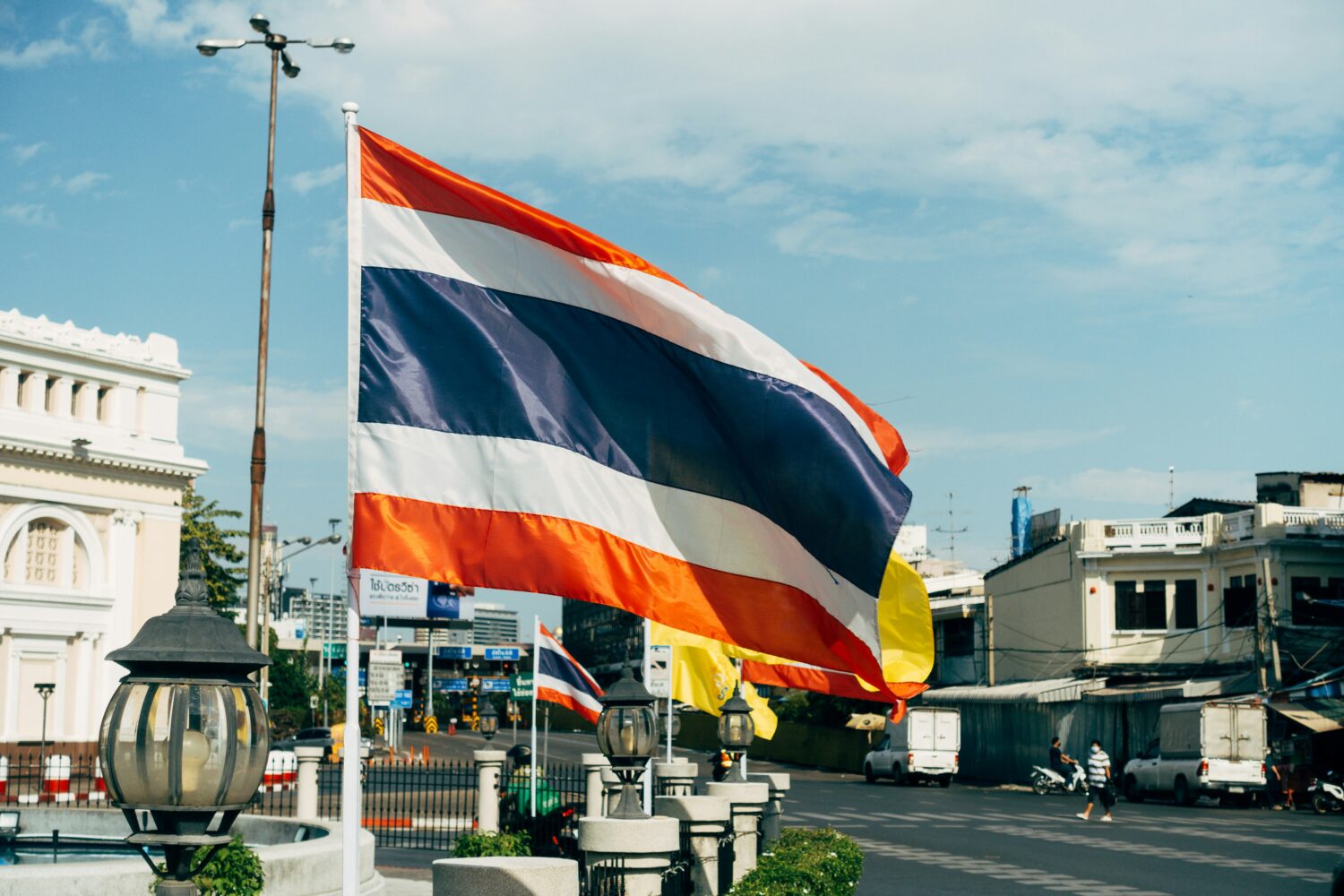Steep climb
Only with mass support and effective policy can social democracy emerge in Thailand, argues Vittorio Trevitt
Throughout its history, Thailand has resembled many of its south-east Asian neighbours – including Brunei, Cambodia and Laos – inasmuch as it has had long periods of authoritarian rule. But it has also enjoyed spells of democracy dating back to as early as the 1930s, with particularly significant periods during the 1990s and 2000s, during which progressive parties emerged. The last general election held in Thailand two years ago was a defining moment in the annals of Thai political history: it saw a democratic socialist party, Move Forward, gain a plurality of seats.
Established in 2020 following the dissolution of its predecessor, Future Forward, by the constitutional court on grounds of impropriety concerning donations – during which Future Forward was prevented from presenting evidence – Move Forward emerged as the winner against the backdrop of a crushing defeat for pro-military groups. Its electoral breakthrough defied expectations, with polls predicting that the most likely victor would be Pheu Thai, a populist party led by the daughter of former prime minister Thaksin Shinawatra. In the end, Move Forward won 10 seats more than Pheu Thai. Move Forward’s meteoric rise was remarkable considering the enduring appeal of the Shinawatras – in the early 2000s, Shinawatra senior presided over forward-looking policy initiatives such as the introduction of social programmes including a national health system and financial aid to farmers – and the resource-deficient party’s dependence on social media to reach out to potential voters.
Move Forward’s policy proposals, however, were compelling. They included the traditional socialist goal of tackling hardship, manifested through numerous welfare schemes; the reduction of household educational expenses; encouragement of land ownership; support for renters and homebuyers; and new employment rights, such as limits on working hours, extended maternity leave coverage and childcare provisions.
Additionally, Move Forward called for reforms to the monarchy and the military; the latter of which has on many occasions dominated Thai politics. Its proposals included amending the lèse majesté law, under which those accused of threatening, insulting or defaming various members of the royal family face long jail terms. It was this proposal that led to the party being dissolved on grounds that it was tantamount to overthrowing the monarchy. Move Forward quickly re-established itself as the People’s party. In contrast to its predecessor, the People’s party does not currently have on its official site an outline of where it stands on various issues. However, the pronouncements made by party representatives during its short existence clearly show its commitment to a social-democratic vision for the country. These have included calls for a better minimum wage, greater rights for migrants, and prevention of workplace accidents and fatalities.
Nevertheless, there is a big hill for the People’s party to climb in convincing the electorate that it can be trusted to govern. In recent local elections, the party did not perform as well as it could have done, although it made inroads in many areas and won control of one provincial leadership position. These are achievements that the party can build on by effecting change locally on a progressive basis, giving voters an idea of what it can accomplish nationally if given the chance.
Back in 2023, Pheu Thai could have supported a minority Move Forward administration, especially given their shared emphasis on social equity issues, but it instead aligned itself with conservative forces and denied the social democrats the chance to lead. It appears, then, that anything less than a working majority will be insufficient for the People’s party to govern. If they can win the next election, which is due by 2027, then they will have the chance to not only elevate living standards for current and future generations but ensure that Thailand’s democracy is long-lasting. For the sake of Thailand’s people, it must not fail.
Image credit: Markus Winkler via Unsplash

